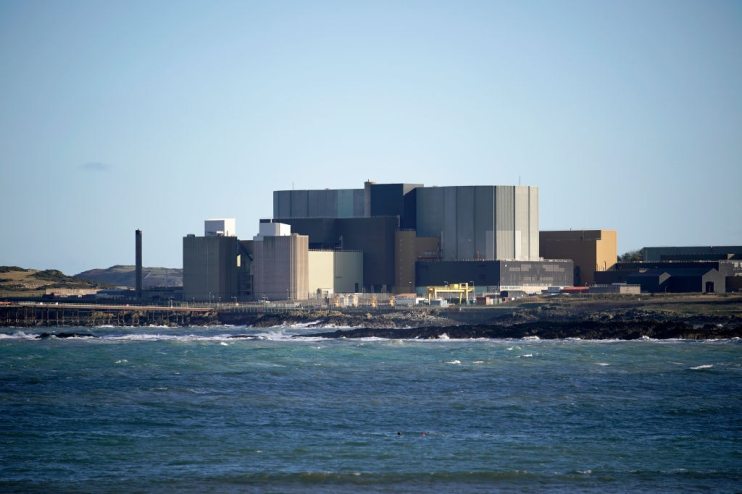Building nuclear power plants will only drive up energy bills even further, Business Secretary Kwasi Kwarteng warns

The Government’s ambitious nuclear power push may initially increase energy bills, the Business Secretary has warned.
Kwasi Kwarteng said the plan to build new power plants as part of a new energy strategy may have a “small effect” on bills.
But he told the BBC “nuclear is back on the table” because the Government considers it a sustainable energy source, adding that it would provide cheaper power eventually.
The energy strategy was published in April as Western countries wrestled with high energy prices, reliance on Russian oil and gas and wider calls to end the fossil-fuel era to tackle climate change.
A fleet of new nuclear power plants is at the heart of the strategy, with the Prime Minister suggesting a new reactor will be built every year, in a social media video to promote the plan.
As part of an aim to make 95 per cent of electricity low carbon by 2030, the strategy has a goal to produce up to 50GW of offshore wind energy by 2030, which officials said would be more than enough to power every home in the UK.
The strategy also includes an aim to double the goal of 10GW of low-carbon hydrogen production by 2030, with at least half from “green” hydrogen, produced from renewable electricity rather than natural gas.
A multimillion-pound package was later announced to help support the “bold plans” of the Government’s strategy.
Kwarteng said the £375 million investment will “unlock the enormous potential” of hydrogen and nuclear power.
Boris Johnson has sought to defend the new energy strategy in the face of criticism it does nothing to help people with soaring bills now.
He has said the strategy – which sets out aims to boost new nuclear power, offshore wind and hydrogen – is a long-term plan focusing on energy supply, “undoing the mistakes of the past and taking the big decisions now”.
He said the Government was “already doing a huge amount to help people with the immediate cost of living and of course we are going to do more”.